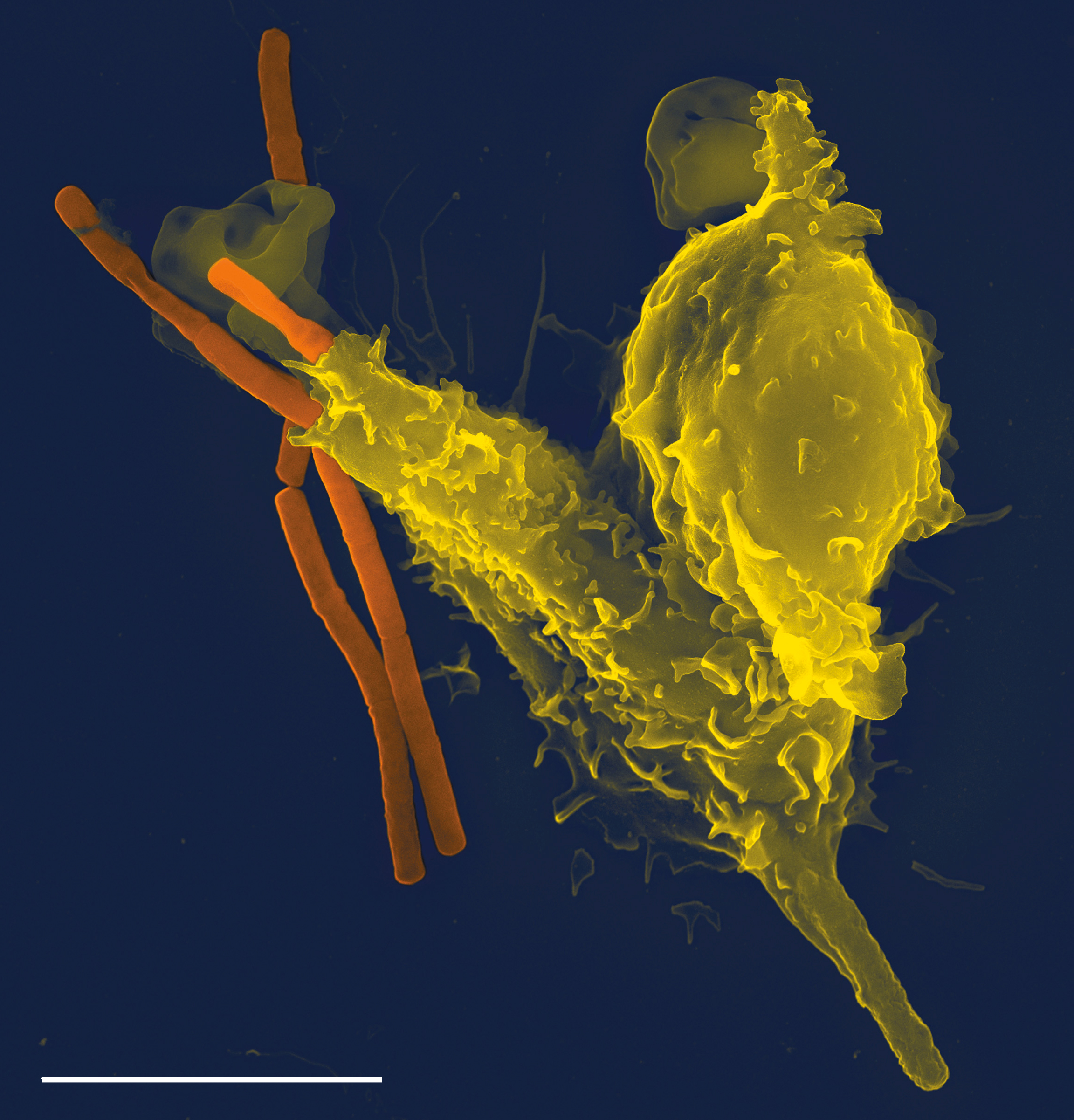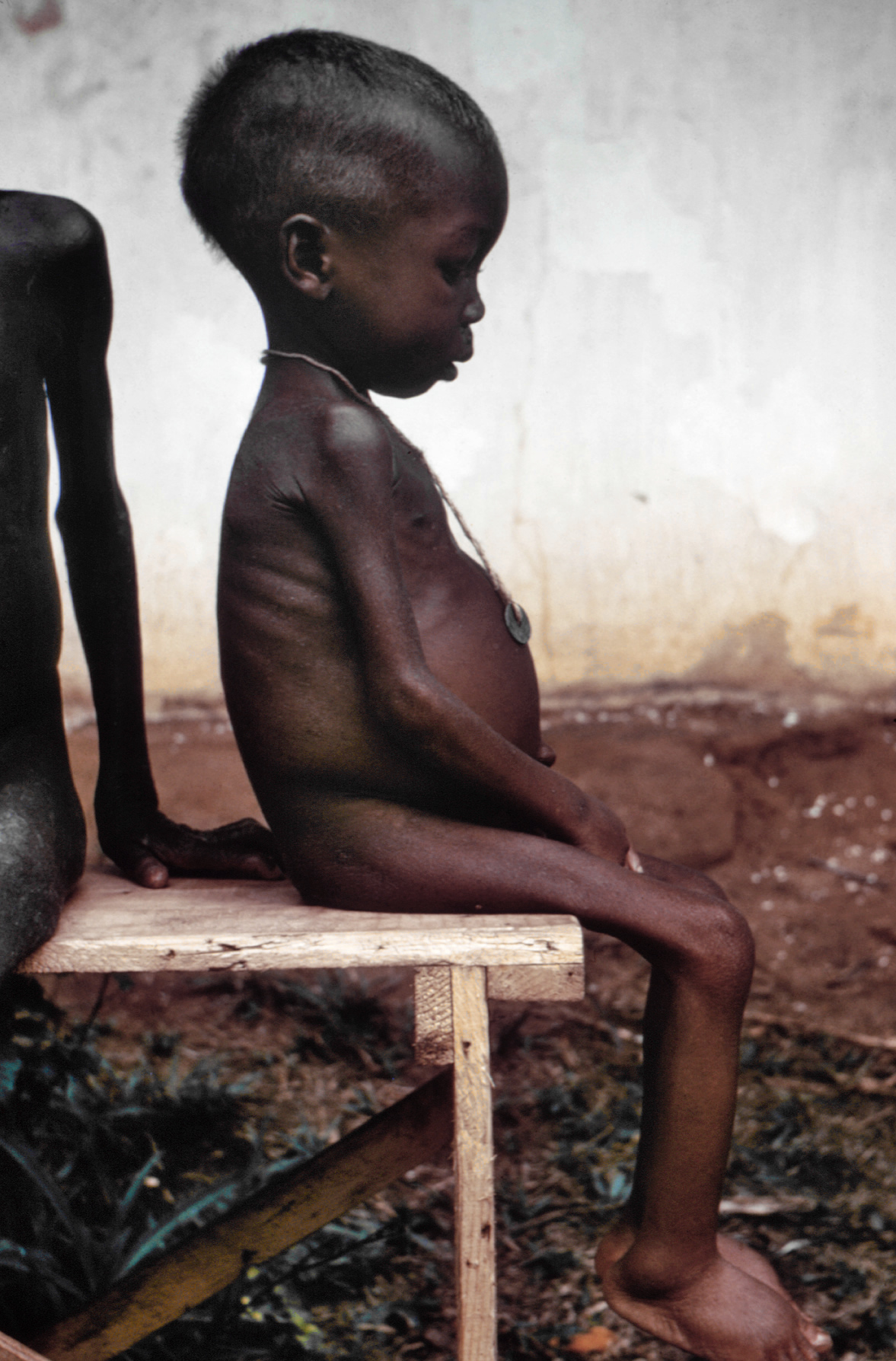|
Turnip Winter
The Turnip Winter (German: ''Steckrübenwinter'') of 1916 to 1917 was a period of profound civilian hardship in Germany during World War I. Introduction For the duration of World War I, Germany was constantly under threat of starvation due to the success of the Allied blockade of Germany. Whatever meagre rations remained were sent to the troops fighting the war, so the civilian population faced the brunt of the famine. The winter of 1916–1917, later known as the "Turnip Winter", marked one of the harshest years in wartime Germany. Poor autumn weather led to an equally poor potato harvest and much of the produce that was shipped to German cities rotted. Germany's massive military recruitment played a direct role in this, as all areas of the economy suffered from lack of manpower, including agriculture. The loss of the potato crop forced the German population to subsist on Swedish turnip or rutabaga as an alternative. Traditionally used as animal feed, the root vegetable was vi ... [...More Info...] [...Related Items...] OR: [Wikipedia] [Google] [Baidu] |
Famines In Germany
A famine is a widespread scarcity of food, caused by several factors including war, natural disasters, crop failure, population imbalance, widespread poverty, an economic catastrophe or government policies. This phenomenon is usually accompanied or followed by regional malnutrition, starvation, epidemic, and increased mortality. Every inhabited continent in the world has experienced a period of famine throughout history. In the 19th and 20th century, generally characterized Southeast and South Asia, as well as Eastern and Central Europe, in terms of having suffered most number of deaths from famine. The numbers dying from famine began to fall sharply from the 2000s. Since 2010, Africa has been the most affected continent of famine in the world. Definitions According to the United Nations World Food Programme, famine is declared when malnutrition is widespread, and when people have started dying of starvation through lack of access to sufficient, nutritious food. The Inte ... [...More Info...] [...Related Items...] OR: [Wikipedia] [Google] [Baidu] |
1917 In Germany
Events in the year 1917 in Germany. Incumbents National level * Kaiser – Wilhelm II * Chancellor – Theobald von Bethmann Hollweg to 13 July, then Georg Michaelis to 31 October, then from 1 November Georg von Hertling State level Kingdoms * King of Bavaria – Ludwig III of Bavaria * King of Prussia – Kaiser Wilhelm II * King of Saxony – Frederick Augustus III of Saxony * King of Württemberg – William II of Württemberg Grand Duchies * Grand Duke of Baden – Frederick II * Grand Duke of Hesse – Ernest Louis * Grand Duke of Mecklenburg-Schwerin – Frederick Francis IV * Grand Duke of Mecklenburg-Strelitz – Adolphus Frederick VI * Grand Duke of Oldenburg – Frederick Augustus II * Grand Duke of Saxe-Weimar-Eisenach – William Ernest Principalities * Schaumburg-Lippe – Adolf II, Prince of Schaumburg-Lippe * Schwarzburg-Rudolstadt – Günther Victor, Prince of Schwarzburg * Schwarzburg-Sondershausen – Günther Victor, Prince of Schwarzburg * Principa ... [...More Info...] [...Related Items...] OR: [Wikipedia] [Google] [Baidu] |
1916 In Germany
Events in the year 1916 in Germany. Incumbents National level * Kaiser – Wilhelm II * Chancellor – Theobald von Bethmann Hollweg State level Kingdoms * King of Bavaria – Ludwig III of Bavaria * King of Prussia – Kaiser Wilhelm II * King of Saxony – Frederick Augustus III of Saxony * King of Württemberg – William II of Württemberg Grand Duchies * Grand Duke of Baden – Frederick II * Grand Duke of Hesse – Ernest Louis * Grand Duke of Mecklenburg-Schwerin – Frederick Francis IV * Grand Duke of Mecklenburg-Strelitz – Adolphus Frederick VI * Grand Duke of Oldenburg – Frederick Augustus II * Grand Duke of Saxe-Weimar-Eisenach – William Ernest Principalities * Schaumburg-Lippe – Adolf II, Prince of Schaumburg-Lippe * Schwarzburg-Rudolstadt – Günther Victor, Prince of Schwarzburg * Schwarzburg-Sondershausen – Günther Victor, Prince of Schwarzburg * Principality of Lippe – Leopold IV, Prince of Lippe * Reuss Elder Line – Heinrich XXIV, P ... [...More Info...] [...Related Items...] OR: [Wikipedia] [Google] [Baidu] |
German Empire In World War I
German(s) may refer to: * Germany (of or related to) **Germania (historical use) * Germans, citizens of Germany, people of German ancestry, or native speakers of the German language ** For citizens of Germany, see also German nationality law **Germanic peoples (Roman times) * German language **any of the Germanic languages * German cuisine, traditional foods of Germany People * German (given name) * German (surname) * Germán, a Spanish name Places * German (parish), Isle of Man * German, Albania, or Gërmej * German, Bulgaria * German, Iran * German, North Macedonia * German, New York, U.S. * Agios Germanos, Greece Other uses * German (mythology), a South Slavic mythological being * Germans (band), a Canadian rock band * "German" (song), a 2019 song by No Money Enterprise * ''The German'', a 2008 short film * "The Germans", an episode of ''Fawlty Towers'' * ''The German'', a nickname for Congolese rebel André Kisase Ngandu See also * Germanic (other) * Ge ... [...More Info...] [...Related Items...] OR: [Wikipedia] [Google] [Baidu] |
Michael S
Michael may refer to: People * Michael (given name), a given name * Michael (surname), including a list of people with the surname Michael Given name "Michael" * Michael (archangel), ''first'' of God's archangels in the Jewish, Christian and Islamic religions * Michael (bishop elect), English 13th-century Bishop of Hereford elect * Michael (Khoroshy) (1885–1977), cleric of the Ukrainian Orthodox Church of Canada * Michael Donnellan (1915–1985), Irish-born London fashion designer, often referred to simply as "Michael" * Michael (footballer, born 1982), Brazilian footballer * Michael (footballer, born 1983), Brazilian footballer * Michael (footballer, born 1993), Brazilian footballer * Michael (footballer, born February 1996), Brazilian footballer * Michael (footballer, born March 1996), Brazilian footballer * Michael (footballer, born 1999), Brazilian footballer Rulers =Byzantine emperors= *Michael I Rangabe (d. 844), married the daughter of Emperor Nikephoros I ... [...More Info...] [...Related Items...] OR: [Wikipedia] [Google] [Baidu] |
Influenza
Influenza, commonly known as "the flu", is an infectious disease caused by influenza viruses. Symptoms range from mild to severe and often include fever, runny nose, sore throat, muscle pain, headache, coughing, and fatigue. These symptoms begin from one to four days after exposure to the virus (typically two days) and last for about 2–8 days. Diarrhea and vomiting can occur, particularly in children. Influenza may progress to pneumonia, which can be caused by the virus or by a subsequent bacterial infection. Other complications of infection include acute respiratory distress syndrome, meningitis, encephalitis, and worsening of pre-existing health problems such as asthma and cardiovascular disease. There are four types of influenza virus, termed influenza viruses A, B, C, and D. Aquatic birds are the primary source of Influenza A virus (IAV), which is also widespread in various mammals, including humans and pigs. Influenza B virus (IBV) and Influenza C virus (ICV) pr ... [...More Info...] [...Related Items...] OR: [Wikipedia] [Google] [Baidu] |
Immune Systems
The immune system is a network of biological processes that protects an organism from diseases. It detects and responds to a wide variety of pathogens, from viruses to parasitic worms, as well as cancer cells and objects such as wood splinters, distinguishing them from the organism's own healthy tissue. Many species have two major subsystems of the immune system. The innate immune system provides a preconfigured response to broad groups of situations and stimuli. The adaptive immune system provides a tailored response to each stimulus by learning to recognize molecules it has previously encountered. Both use molecules and cells to perform their functions. Nearly all organisms have some kind of immune system. Bacteria have a rudimentary immune system in the form of enzymes that protect against virus infections. Other basic immune mechanisms evolved in ancient plants and animals and remain in their modern descendants. These mechanisms include phagocytosis, antimicrobial peptides ... [...More Info...] [...Related Items...] OR: [Wikipedia] [Google] [Baidu] |
Starvation
Starvation is a severe deficiency in caloric energy intake, below the level needed to maintain an organism's life. It is the most extreme form of malnutrition. In humans, prolonged starvation can cause permanent organ damage and eventually, death. The term ''inanition'' refers to the symptoms and effects of starvation. Starvation may also be used as a means of torture or execution. According to the World Health Organization (WHO), hunger is the single gravest threat to the world's public health.Malnutrition The Starvelings The WHO also states that malnutrition is by far the biggest contributor to child mortality, prese ... [...More Info...] [...Related Items...] OR: [Wikipedia] [Google] [Baidu] |
Socialist
Socialism is a left-wing economic philosophy and movement encompassing a range of economic systems characterized by the dominance of social ownership of the means of production as opposed to private ownership. As a term, it describes the economic, political and social theories and movements associated with the implementation of such systems. Social ownership can be state/public, community, collective, cooperative, or employee. While no single definition encapsulates the many types of socialism, social ownership is the one common element. Different types of socialism vary based on the role of markets and planning in resource allocation, on the structure of management in organizations, and from below or from above approaches, with some socialists favouring a party, state, or technocratic-driven approach. Socialists disagree on whether government, particularly existing government, is the correct vehicle for change. Socialist systems are divided into non-market and mar ... [...More Info...] [...Related Items...] OR: [Wikipedia] [Google] [Baidu] |
Düsseldorf
Düsseldorf ( , , ; often in English sources; Low Franconian and Ripuarian language, Ripuarian: ''Düsseldörp'' ; archaic nl, Dusseldorp ) is the capital city of North Rhine-Westphalia, the most populous state of Germany. It is the second-largest city in the state and the List of cities in Germany with more than 100,000 inhabitants, seventh-largest city in Germany, with a population of 617,280. Düsseldorf is located at the confluence of two rivers: the Rhine and the Düssel, a small tributary. The ''-dorf'' suffix means "village" in German (English cognate: ''thorp''); its use is unusual for a settlement as large as Düsseldorf. Most of the city lies on the right bank of the Rhine. Düsseldorf lies in the centre of both the Rhine-Ruhr and the Rhineland Metropolitan Region. It neighbours the Cologne Bonn Region to the south and the Ruhr to the north. It is the largest city in the German Low Franconian dialect area (closely related to Dutch language, Dutch). World's Most Li ... [...More Info...] [...Related Items...] OR: [Wikipedia] [Google] [Baidu] |




.jpg)
